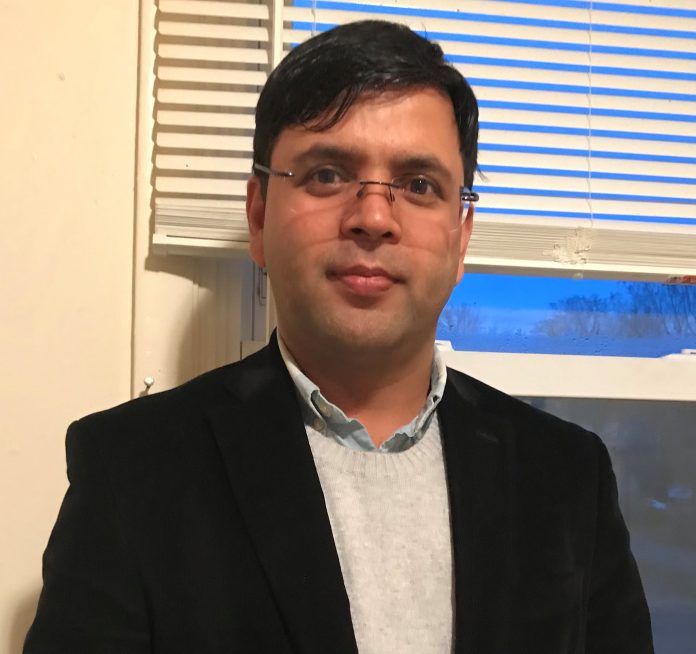When it is my turn I’ll take the COVID-19 vaccine with full confidence because I am convinced that it has been developed following thorough research and clinical trials.
Pfizer and Moderna, the companies behind one of the vaccines, report about 95% efficacy for its product while AstraZenca, another producer, says the efficacy of its vaccine among youth and children is 70.4%; they have yet to test it on those aged 55 and over.
All these vaccines work differently in order to reduce the severity of the illness and strengthen the body’s immune system. Currently the US Food and Drug Administration (FDA) has given emergency authorization use for Pfizer and Moderna, and AstraZenca is in the process of being reviewed for its approval while this article is being drafted.
Though several companies are developing vaccines, there is not enough data to prove which is the best. Phases one to three of the trials have shown a growing level of effectiveness. This has provided reassurance for many that the severity of the virus can be reduced as can the death rate.
In addition to the hope of reducing the severity of illness caused by the virus, the fact that so many companies are working flat out to try to develop the most effective vaccine has increased the confidence of many of those who are thinking of taking the vaccine. The recommendations made by Dr. Anthony Fauci and several other experts have helped me decide to take the vaccine when it becomes available to me, which might seem to be sometimes in mid 2021.
As of December 26, the U.S. has administered 1.9 million vaccine doses and distributed 9.5 million doses of the two authorized vaccines made by Pfizer-BioNTech and Moderna.
The Centre for Disease Control and Prevention (CDC) has released the first data from its Vaccine Adverse Event Reporting System, which collects reports of allergic reactions and other adverse events from healthcare providers, vaccine manufacturers, and the public.
Adverse Event Reporting System, which collects reports of allergic reactions and other adverse events from health-care providers, vaccine manufacturers, and the public reported that, as of December 25 there are 353 adverse events across 48 states, Puerto Rico, and Washington, D.C. Most mirrored the mild-to-moderate reactions observed during the clinical trials, and only eight were classified as serious. Only four incidents led to hospitalizations, and none has resulted in death, with 73% of reported events occurring in young adults aged 18 to 49.
Based on the research and development by doctors and scientists, it seems the pros outweigh the cons and therefore it’s recommended to take the vaccine as it becomes available.
If you are not sure whether to take the vaccine or not, please be informed that based on what we know about vaccines for other diseases, experts believe that getting a COVID-19 vaccine may help keep you from becoming seriously ill even if you do contract the virus. Getting vaccinated yourself may also protect those around you, particularly people who are at an increased risk of severe illness.
There are also pros and cons regarding whether to take the vaccine early and late. Some experts recommend taking the vaccine as it becomes available, others say the longer you wait the greater the chance of being given the most effective vaccine. However you might be a threat to those around you, particularly people at increased risk for severe illness from COVID-19, if you delay.
As unfounded rumors about the COVID-19 vaccines have started to float around in our community, those of us who are already better-informed have bigger roles to play. Although whether or not to take the vaccine is purely a personal decision, we need to make sure our community is aware of all the firsthand science and facts-based information.
__
The author holds a Masters degree in clinical social work from the Westfield State University, Westfield, MA and is currently residing in Harrisburg, PA. He is currently a social worker in Harrisburg. He has done research in Autism Spectrum Disorder and PTSD.

